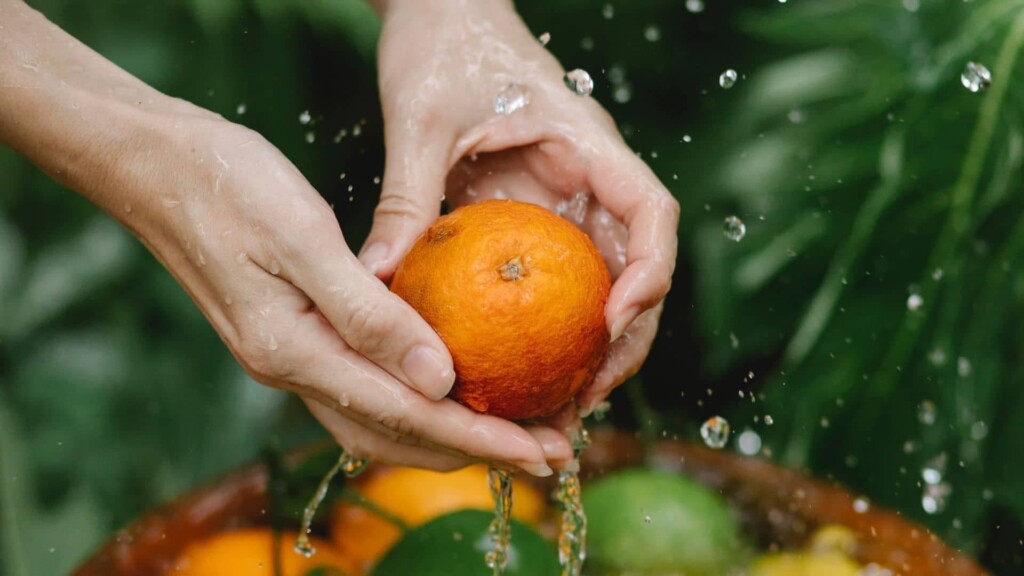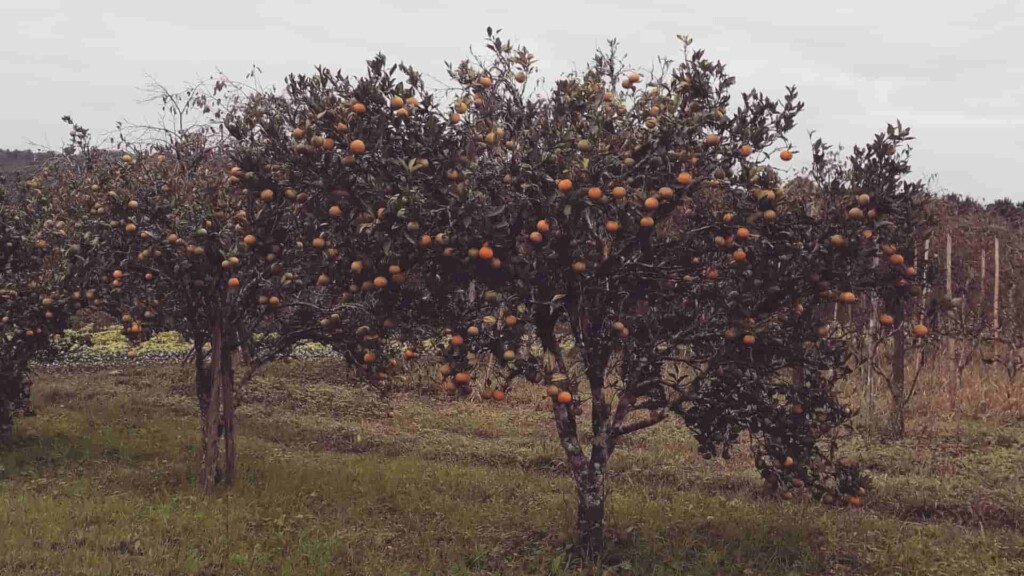Brazil is known worldwide for the size and quality of its agribusiness, spread in several cultures, with the greatest focus on the production of corn and soybean. However, despite receiving relatively little attention from the media and the population in general, the Brazilian citriculture is extremely important for the country and for the world.
The importance of the production of oranges in Brazil, for example, can be measured in several ways and covers economic, technological and even quality of life indexes. This is the reason why we interviewed Gilberto Tozatti, consultant in citrus and professor of the MBA USP/Esalq in order to better understand all the aspects of this sector of Brazilian citriculture. Check it out!
Read more: How to become an authority in agribusiness with agriculture 4.0
The relevance of Brazilian citriculture

Question: What is the importance of citriculture in Brazilian agribusiness?
Answer: “Brazilian citriculture has a great importance for Agro, because the GDP (Gross Domestic Product) of the sector is around 6.5 billion dollars, 2 billion of it is only in exports. Besides, the sector generates almost 200 million dollars in taxes and 200,000 direct jobs, benefiting our society. The cities that produce citrus (oranges, tangerines and lemon) have higher HDI (Human Development Index) due to the economic benefits that culture provides to the population.”
Question: What is the importance of Brazil in the worldwide citriculture?
Answer: “Brazil is the world leader in citriculture, with 37% of the production of oranges, 64% of the production of orange juice and 75% of the commercialization of juice. We can say that out of every five glasses of juice consumed in the world, three are produced in Brazil. The reason for this leadership is not only in the favorable aspects of soil and climate, but also in the ability of the Brazilian people in responding to the technological challenges of the sector.”
Question: Brazilian agribusiness is known worldwide as an example due to the high development of the last decades, as seen in the soybean and corn cultures. Was there any technological development created in Brazil directed to citriculture that caused similar impacts?
Answer: “I would say that the citrus culture generated a lot more technology compared to other cultures, because it is a permanent, more traditional and with many challenges that stimulated research and investments over the years. As example of the results of the research, we can mention: the genetic sequencing of the Xilella fastidiosa bacterium, which causes the Citrus Variegated Clorose, placing Brazil as the first country in the southern hemisphere to sequence the genome of an organism. the advances in the management of the HLB (Citrus Greening), where millions of dollars are invested in the cure of this disease, which affects the world production of the citrus; and the technology of the production of citrus seedlings in a protected environment, which is highlighted in the world, serving as an example for producing regions, such as the states of Florida and California.”
Read also: The use of water in Brazilian agribusiness: what is myth and what is true?
The future of citrus in Brazil

Question: Has the Brazilian citriculture suffered losses with the strong rains that hit the country this year and the increase in climate change caused by global warming?
Answer: “We are actually suffering from the climate change related to the lack of rain and to the high temperatures that, in the last years, has affected the production of citrus. I believe that this situation is no different for other cultures. The challenges are great in this aspect and research has been performed in order to mitigate these adversities, with the technology of bio-stimulating products, new varieties of canopy and grafts, irrigation etc.”
Question: What is your perspective for the future of Brazilian citriculture in the next decade?
Answer: “Our group predicted more than 10 years ago that our citriculture would decrease in production due to several factors, and this really happened. For the next 10 years, we believe that the trend of decreasing will continue to continue. Nowadays, the rural producer has other options of cultures, such as soybean, corn, sugar cane, among others, which are very profitable. Besides, the investments for the implementation of citrus are high and the phytosanitary risks continue to challenge the sector. Orange juice, and the fruit itself, are nutritionally noble foods, providing immunity to the people who consume them. The demand for this food is high mainly within the country. With all this, it is evident that the prices should remain firm over the years, bringing profitability, especially those who are more technified.”
What do you think? Did you like learning more about this culture that is so important to our country? Learn about the MBA USP/Esalq in Agribusiness and learn more!
You may also like to read:

